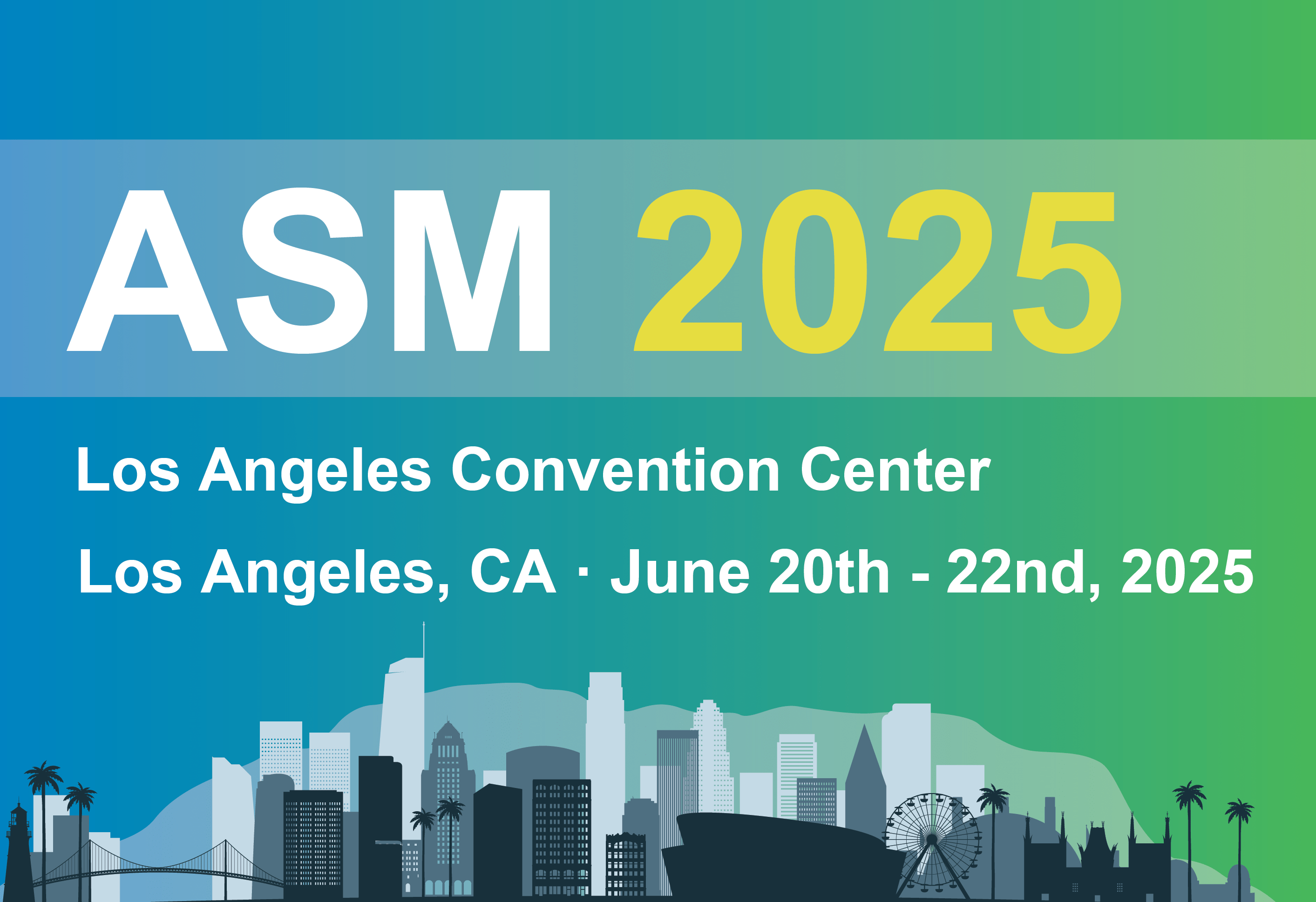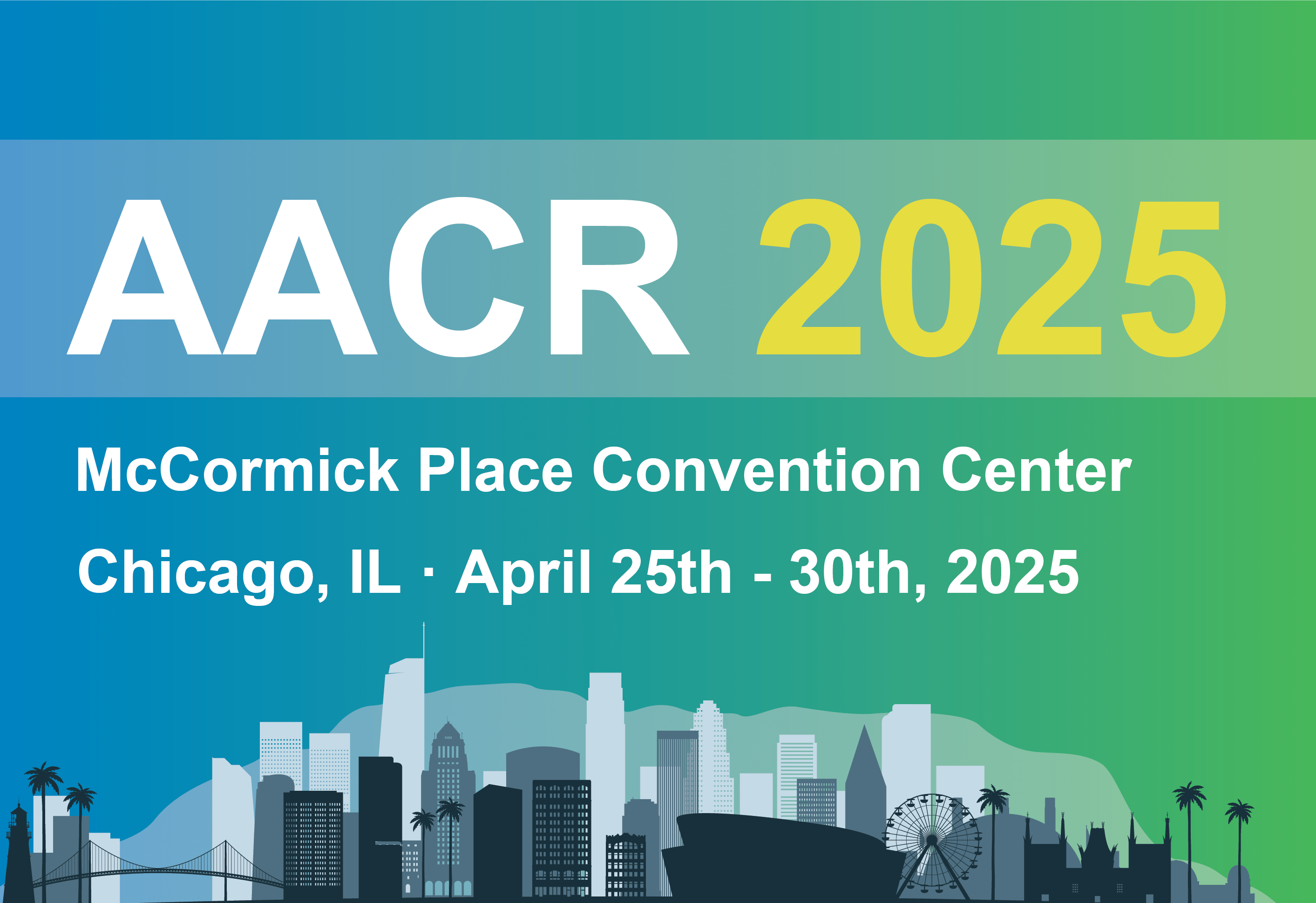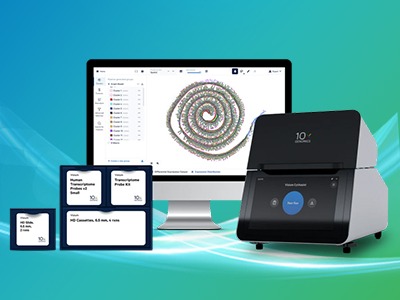News & Events









2021 Novogene European NGS Forum
- 2021
- News

Novogene is a Global Force
- 2021
- News

Webinar: Applying Personalized Genomics to Ash Trees
- 2021
- Conferences/Webinar




2021 New Year’s Day Tweet
- 2021
- News

2020 Novogene European User Forum
- 2020
- Events



Novogene Powered Literature on Science
- 2020
- Literature



Sequencing Sprint (Diagnostics World)
- 2016
- News







